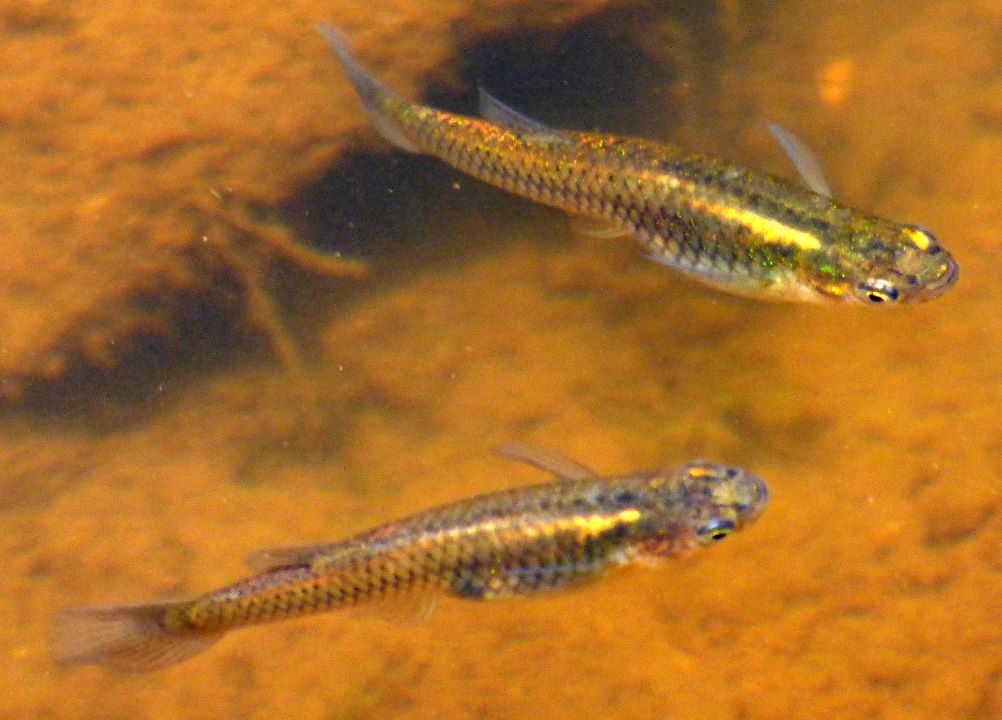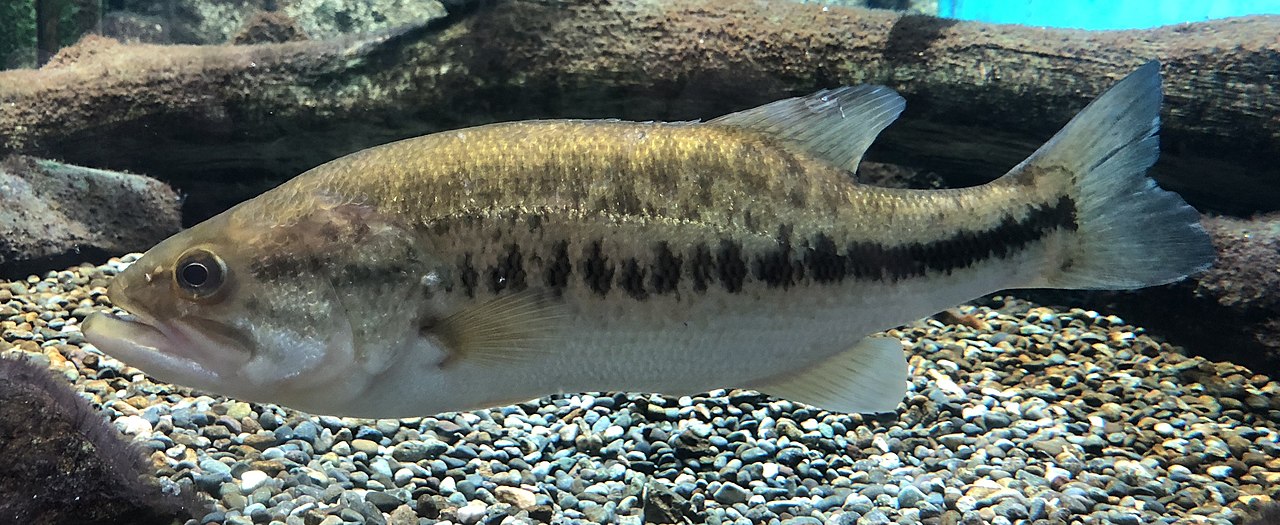Scientists have developed a robotic fish, an imitation of a predator, to fight overgrown mosquitofish. This small freshwater fish was intentionally spread to many parts of the world to eat mosquito larvae. But Mosquitofish also disproportionately eliminates other small fish species.
Invasive Mosquitofish Destroys Native Species
The freshwater mosquitofish (Gambusia affinis) originally lived only in some United States and Mexico’s rivers. In the first half of the 20th century, it was spread to many mosquitos’ world parts to help reduce the annoying insects, especially in malarial areas. Mosquitofish have really helped eradicate mosquitoes in some areas. At the same time, it eliminates the native freshwater fish populations.

Nowadays, Gambusia affinis is considered one of the most aggressive invasive species. Efforts to reduce mosquitofish have led to the use of poisons and various traps. But these practices have proven to be either ineffective or damaging other organisms.
Robotic Predator Fish
A team of scientists has chosen a new approach to overgrown fish reduction. Researchers led by Professor Maurizio Porfiri of the NYU Tandon School of Engineering in New York have developed a robotic fish that closely mimics the largemouth bass (Micropterus salmoides), the main predator of mosquitofish (Gambusia affinis).

For six weeks, the scientists released the fish robot into a mosquitofish tank. The test always lasted 15 minutes and was repeated once a week. The researchers monitored the mosquitofish behavior in the presence of an artificial predator and noted increased stress responses. In addition, the fish lost weight.

The robotic fish has demonstrably caused stress in the mosquitofish, which could lead to their weakening and population reduction. However, it is not yet clear how wild mosquitofish will react to the robotic fish.
Source and credit: https://www.nyu.edu/about/news-publications/news/2019/september/look-out–invasive-species–the-robots-are-coming.html, featured photo: By NOZO – Self-photographed, CC BY-SA 3.0, https://commons.wikimedia.org/w/index.php?curid=1740447




